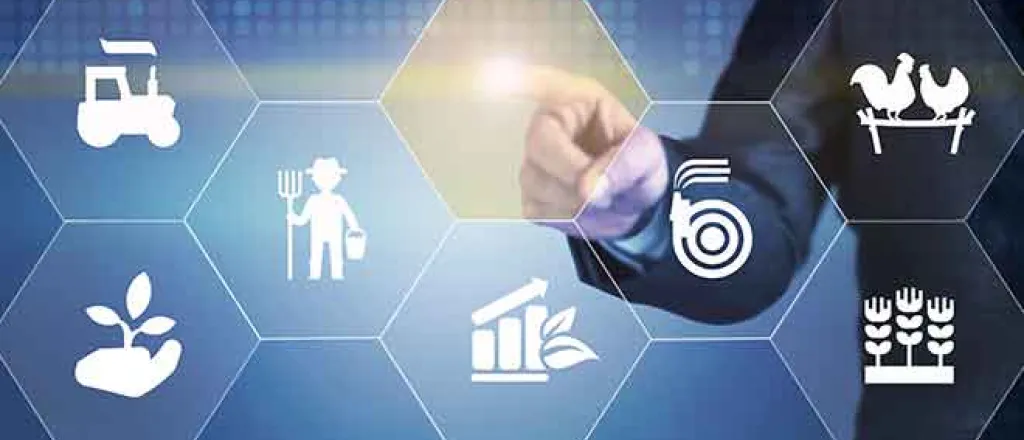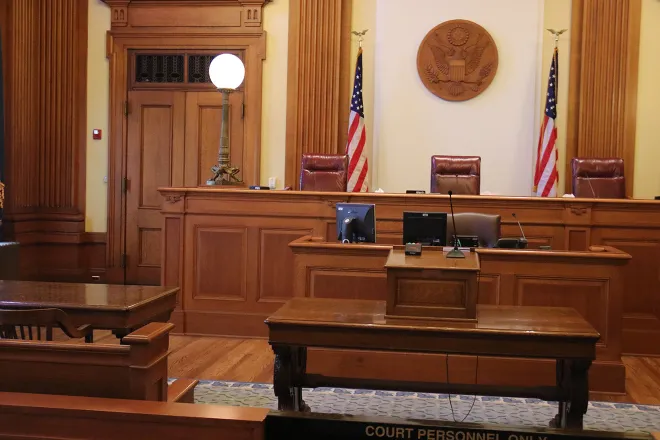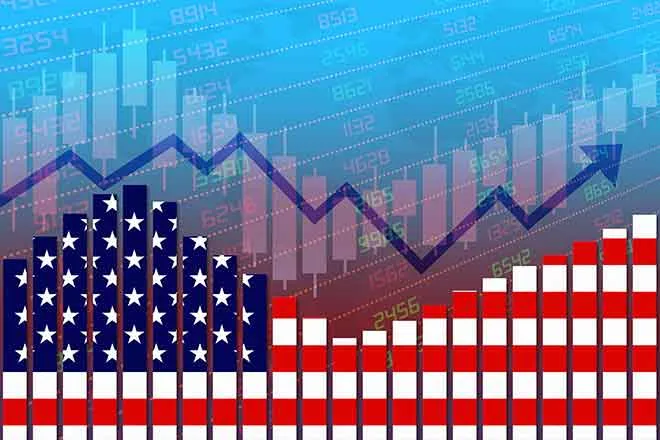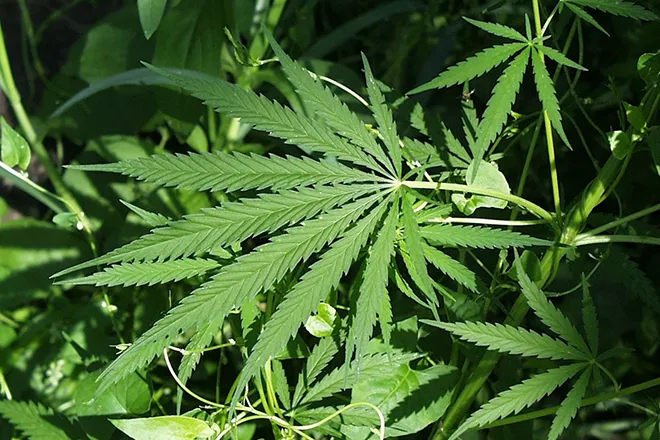
Nebraska farmers worry about skyrocketing supply costs
(The Center Square) – Nebraska farmers worry that rising supply costs will only get worse next year.
The rising costs for herbicides and other agricultural supplies are due in part to the consolidation of the agriculture supply sector, John Hansen, president of the Nebraska Farmers Union, said.
“When the increasingly concentrated ag supply sector senses that there is money out there in the country to be had, whether their cost of production went up or not, they raise their prices and their profit margins to absorb that additional cash,” Hansen told The Center Square.
The federal government should file anti-trust suits to break up the large companies, but that rarely happens, said.
“There needs to be more capacity, more competition,” he said. “There needs to be an overhaul of our system, which has failed us.”
The consolidation of companies in the ag supply industry over the last decade has been "crazy," said Hansen.
"We have a highly concentrated, non-competitive sector that is not only too big to fail but too big to regulate," he said. "You have a whole system that is not functioning and broken.”
The farmers suffer the most from that broken system, Hansen said.
“The system is not designed for economic fairness or justice, especially for the folks at the bottom of the economic ladder,” he said. “The system is functioning exactly the way we have allowed it to develop.”
Some Nebraska farmers worry that their input costs will skyrocket next year, Brownfield Ag News reported.
“They are absolutely skyrocketing right now,” Greg Greving, a corn and soybean grower, told the publication. “I’ve heard some people say that plan on your input costs being double next year. I think that might be a little extreme.”
He said the cost of the herbicide glyphosate has already increased from $2 an acre to $6 an acre.
“If our commodity prices go in the tank like they have before, which they can, if we have high input costs, it might be an ugly situation next year,” he said.















